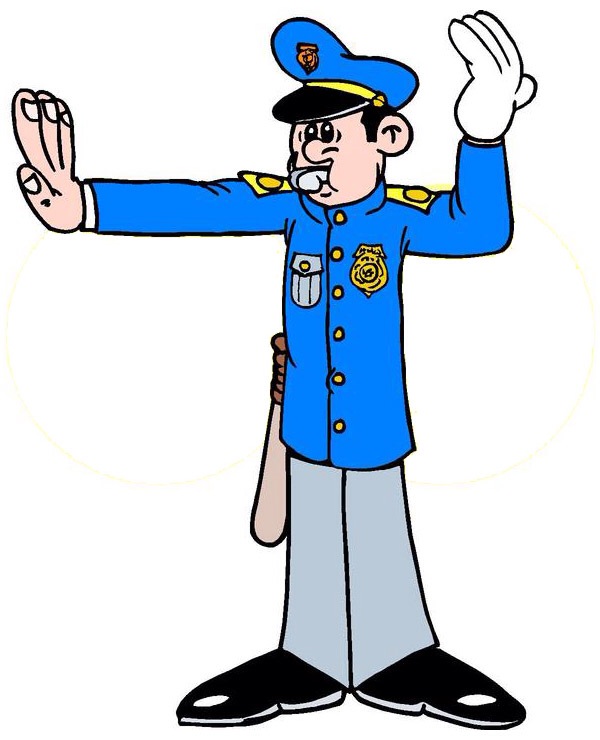The Strange Role Of Traffic Cops

(Photo Credit: On Plan)
Have you ever seen someone physically accosted with nothing more than a voice? Have you seen them accosted from 35 feet away simply by words spoken?
It’s a pretty impressive sight.
The art of project management is getting people who owe you nothing to do things for you. In my current role, I have no one who reports to me directly. I have no technical processes or programs that I’m responsible for. I’m not sure I even have the skills to maintain technical programs if they were given to me. (The Day I Realized I Had No Skills.) And yet, if anything goes wrong at my current project. . .from a server crashing to the lights going out, I’m responsible.
In a lot of ways, I’m like a traffic cop. While a missionary in Chicago I occasionally encountered a traffic cop. And their role and their skills were not what I expected. However, their role reminds me a lot of a project manager.
The first misconception about traffic cops is that they are there to direct traffic, as in vehicular traffic. They are not. They are there to direct people traffic. During rush hour in a major city the streets get jammed with people. People who are in a hurry. People who are trying to catch a train, a bus, or grab a cab. People who just want to get home after a long day at work, or get to their dinner reservation before their table gets given away. Whatever is driving people, they are all in a hurry.
Have you ever jay walked? Me too. I’ve been known to cross against the light. But, if there is traffic, that’s a dangerous endeavor in my little town. However, in a big city, during rush hour, there are hundreds and thousands of people around me who are also willing to jay walk. When the light turns yellow, we hurry across, chasing those in front of us. And there are those behind us chasing us. When the light turns red, people will continue to stream across the street, because the people in front stopped the traffic. And behind the jay walkers, are hundreds more, and behind them additional thousands.
What to do?
A traffic cop. The traffic cop in a city like Chicago, or New York is not there to direct the cars. She is there to make people get back on the sidewalk. During my years in Chicago, I saw traffic cops physically push someone back on the sidewalk with her voice. . .and a whistle. The whistle is important.
Without the traffic cop, no cars would ever move. There are simply too many people.
Not every aspect of a traffic cop’s role translates to a project manager, but more than a few do. The PM’s role is not to actually maintain any of the systems, or stage any of the computers, or configure any firewall rules. But, the PM has to know about all of that. The PM plays traffic cop when he pushes Telecom to get additional phone circuits. When he makes a call to keep the network team from blowing the schedule because we missed counting switches.
The PM, like the traffic cop keeps everyone else moving smoothly, and coordinates the work of multiple teams so they deliver on time. It’s a role I relish, but recognize that like the traffic cop, I don’t have the ability to physically do much of anything. I don’t yell at people to get them to do what I need. But, my success is directly linked to my ability often to get people to move simply by persuading them.
Unfortunately, I don’t get a whistle. The traffic cop has me beat on that score.
Rodney M Bliss is an author, columnist and IT Consultant. He lives in Pleasant Grove, UT with his lovely wife, thirteen children and one grandchild.
Follow him on
Twitter (@rodneymbliss)
Facebook (www.facebook.com/rbliss)
LinkedIn (www.LinkedIn.com/in/rbliss)
or email him at rbliss at msn dot com
